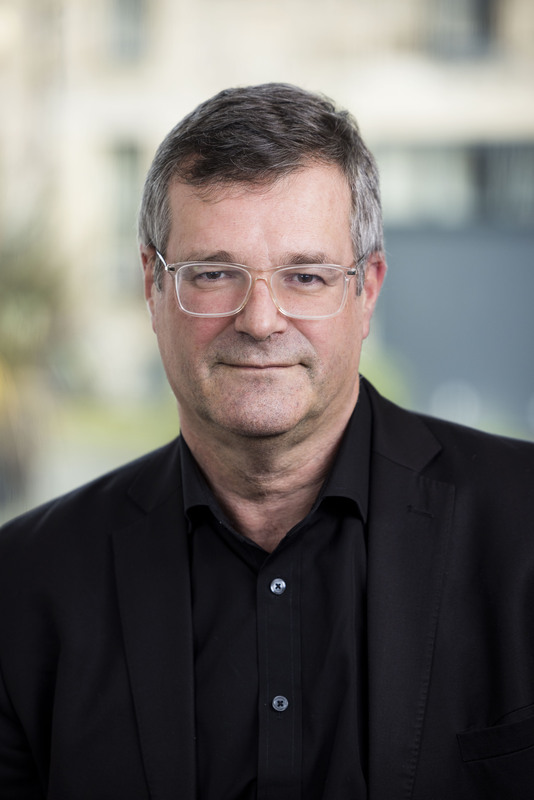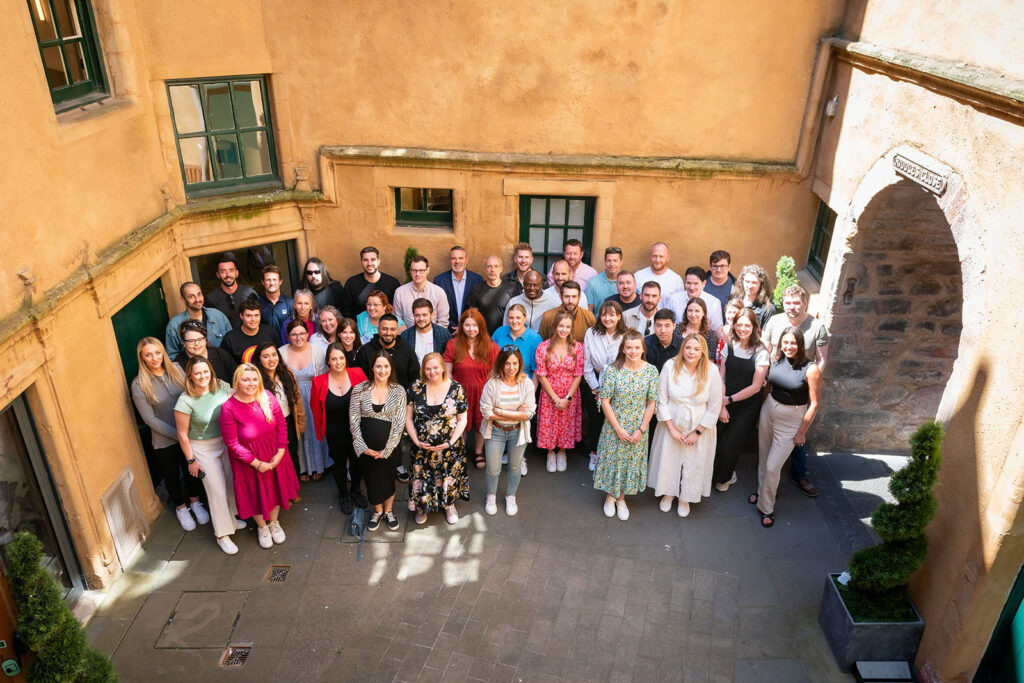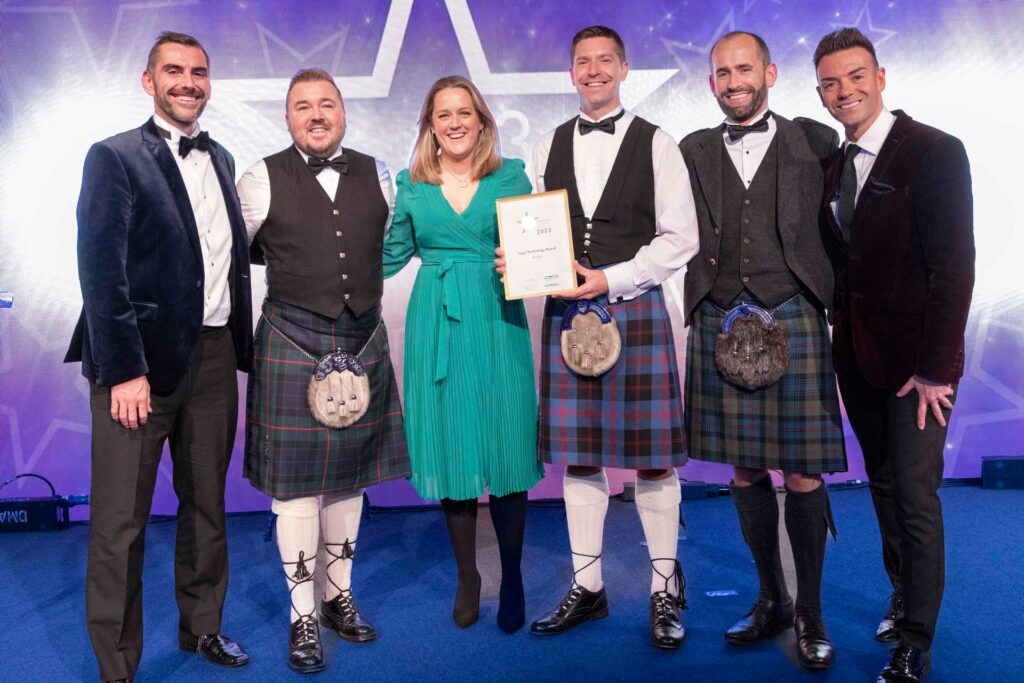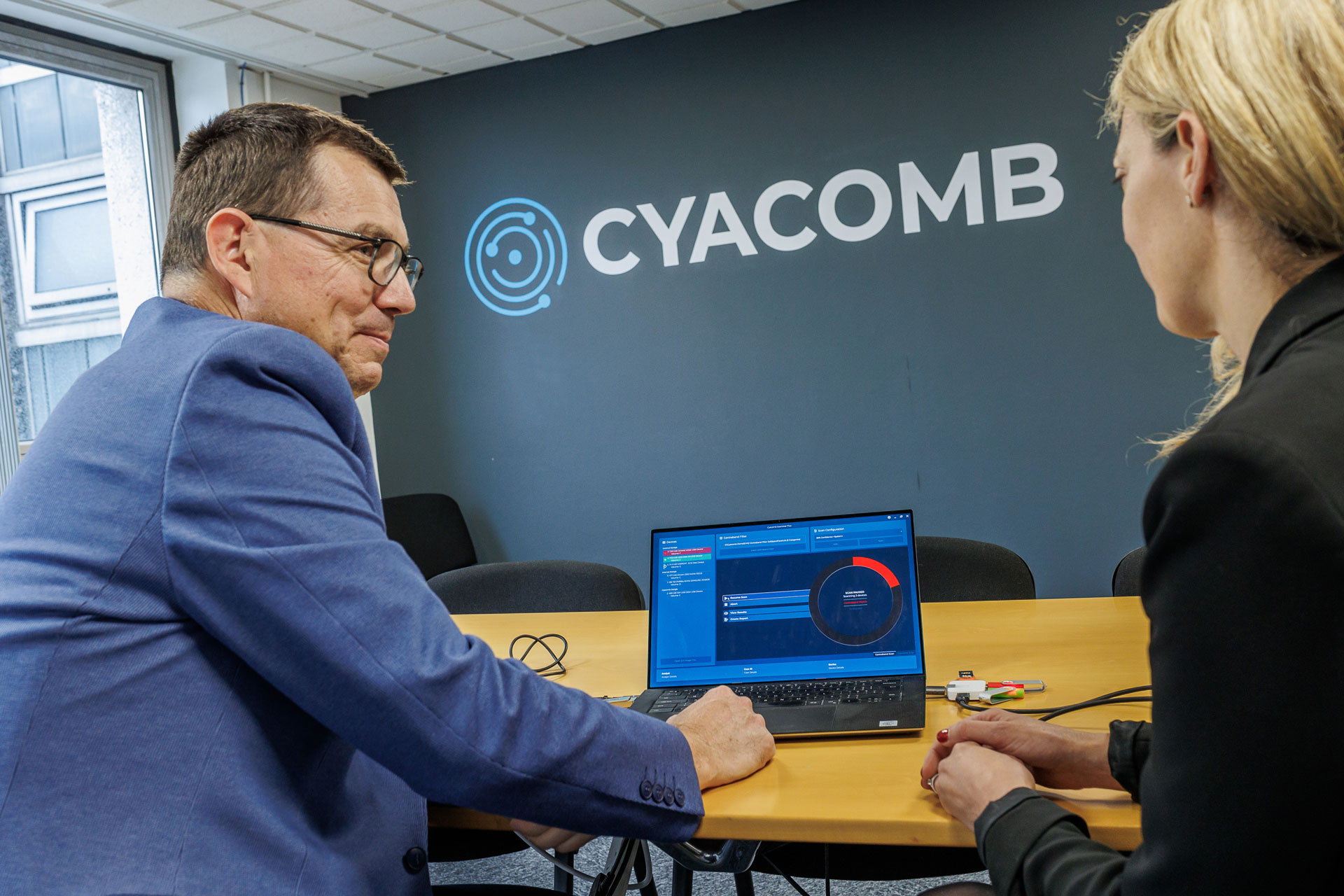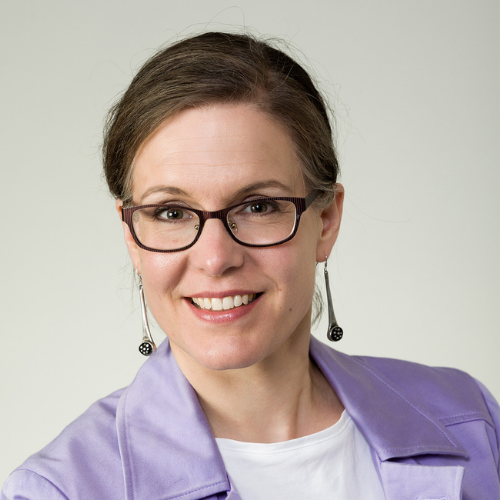
Earth Blox provides climate and nature analytics from satellite imagery to help businesses accelerate their sustainability transition. The software maps and analyses key metrics for biodiversity, water and carbon across forestry, agriculture, and financed and insured assets worldwide. The company pitched at EIE during lockdown but its CEO, Dr Genevieve Patenaude, knows the event well.
I became aware of EIE back in the very early days of the event when I was a director of a company called Carbomap Ltd., so when we were setting up Earth Blox, I knew it was a great platform to launch the company.
We pitched during lockdown. During Covid, EIE gave us an opportunity to be seen, to build a network and engage with the Scottish tech ecosystem despite the restrictions. We were extremely grateful to be one of the selected handful of companies given the opportunity to deliver an extended pitch: an early but important stamp of recognition and of external validation!
The team at EIE were very supportive throughout the process (the pitching tips given by Maryanne Johnston were really important and stick with me even today). She helped polish our pitch, focussing deeply on our audience and the key messages that investors want to hear.
The kind of validation you get from being a part of EIE really helped to get traction with investors. Having a range of investor conversations and taking time to do your due diligence is really important. You want to make sure you choose the right investors for the company. We selected Archangel and we’ve enjoyed a strong relationship with them since.
One piece of advice I’d have for founders today would be to spend time ‘dating’ your investors before you sign term sheets. You want to be in a position to choose who you work with. Do your due diligence thoroughly, just as they will on you. Speak to the companies they invested in (not just the ones they recommend you speak to). Simply put, you want investors who are prepared to go on the journey with you – good times & bad times (it’s a rock and roll ride). Make sure they are a good fit ‘culturally’ above all, because they will have a deep influence on the future of your company. Don’t hesitate to consult platforms which rate investors (for founders by founders e.g. https://www.landscape.vc/).
There are different kinds of investors, e.g. Angels and VCs, so understanding early their differences to identify what is a good match for you (and for what particular point in time along your journey) is really important. It’s important to realise, however, that all VCs and Angel groups are marketplaces essentially: companies (start-ups and spin-outs) are the commodities and clients in the marketplace are individual or institutional investors (who put their money into the funds). The fund invests in a portfolio of, say, 15 companies, and the expectation is that a proportion of those 15 companies will succeed (while many won’t). Investors hedge their risks that way. Understanding this is key early in the conversations. You should try to get a full picture of two sides of the marketplace you are about to be part of. In other words, understand in detail how the VC management ‘sells’ and presents their fund to their clients, the values and priorities they have and communicate to their clients. Get clarity on their success metrics etc.
When you’re starting a company, it’s a bit like being a teenager! You might naively trust that your ecosystem will give you all the support you need and have your best interests at heart. But, like anywhere else, there are really wonderful and helpful investors, but there are terrible ones too (we’ve seen the impact a bad investor can have on founders, teams and also missions, so I would say: don’t just jump at the first offer of investment that comes along).
That said, failure is not a dirty word. We need to celebrate learning from failure as much as we celebrate success. If you fall (and you will, many times) that’s ok as long as you learn and stand up again. This is a mindset North Americans have more than Brits, I think, the attitude of ‘I’ll give it a go and if I fall and bloody my nose I’ll get up and try again and just do it better next time”.
Some other quick tips I’ll share:
- Keep your company small and nimble in the early years. Like all communities, a team is a chaotic, unpredictable system: the bigger it is, the less agile and manageable it is. Yet in the early years, you need to pivot fast and constantly until you have full product market-fit. You can’t do that with big teams.
- You can only grow as fast as you learn. The faster you learn, the faster you’ll grow.
- Test, test, and keep testing. Don’t rush into building things: see how and where the market is biting before you start building. Then test some more.
- Be prepared to pivot. I’ve lost count of how often we’ve pivoted but it is really important to be willing to shift from what you thought you’d be doing at the beginning.
- Build the right team. No matter how good an entrepreneur you think you are, there are always people with skills you don’t have. At Earth Blox, we talk about our team as a jigsaw, with all the pieces the same size and of equal importance, but all bringing different things to the table.
The tech ecosystem in Scotland is strong. Accelerators like Scottish Edge, Unlocking Ambition, Converge, Civtech, as well as the support given to high growth ventures by Scottish Enterprise, are incredible. They give essential early funding and training to get started. The connections made in the process will serve you well in the future.
EIE was a central part of our early journey and successes. We’ve now grown to a sizable team and have global reach and customers including some of the largest financial institutions and NGOs working towards financing a nature-positive future.
I wouldn’t have been able to build this amazing team and product without the fabulous ecosystem in Scotland, and EIE is a key pillar of that ecosystem.
